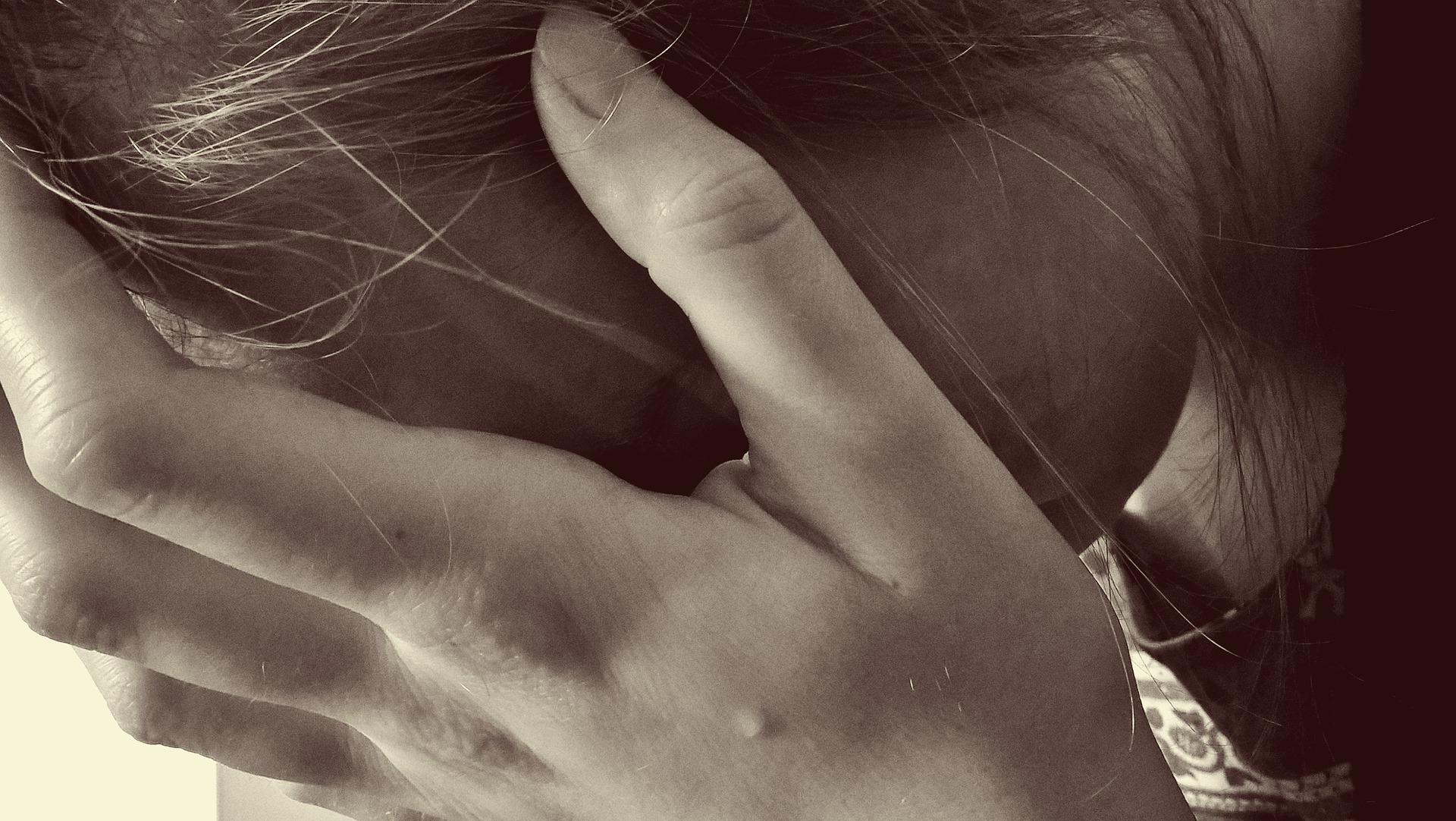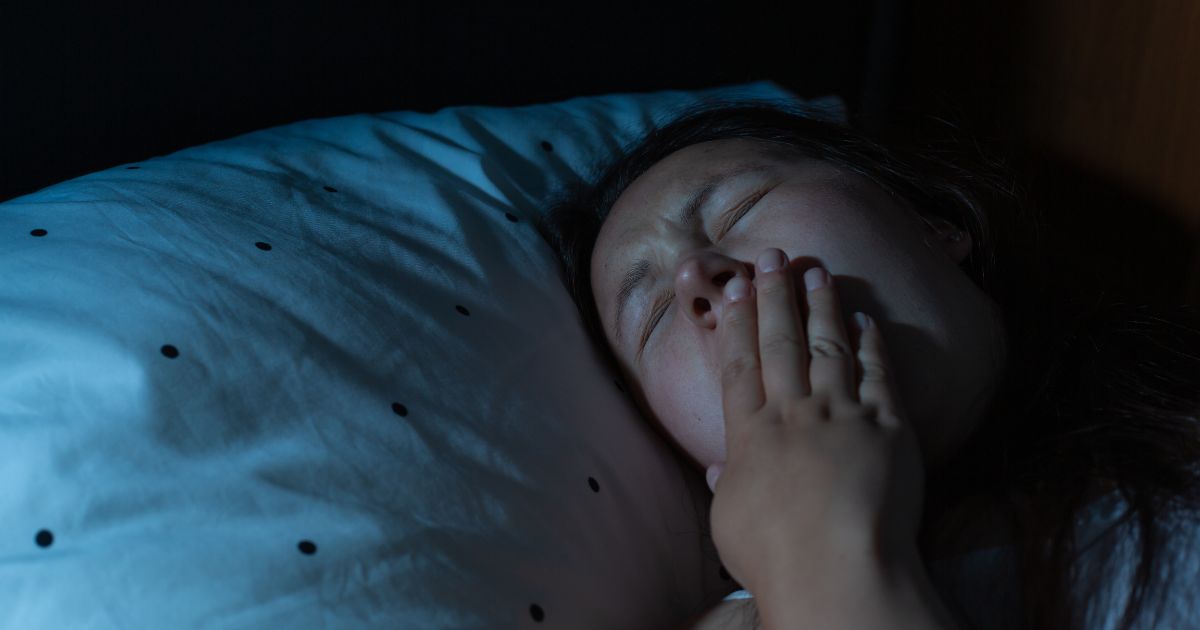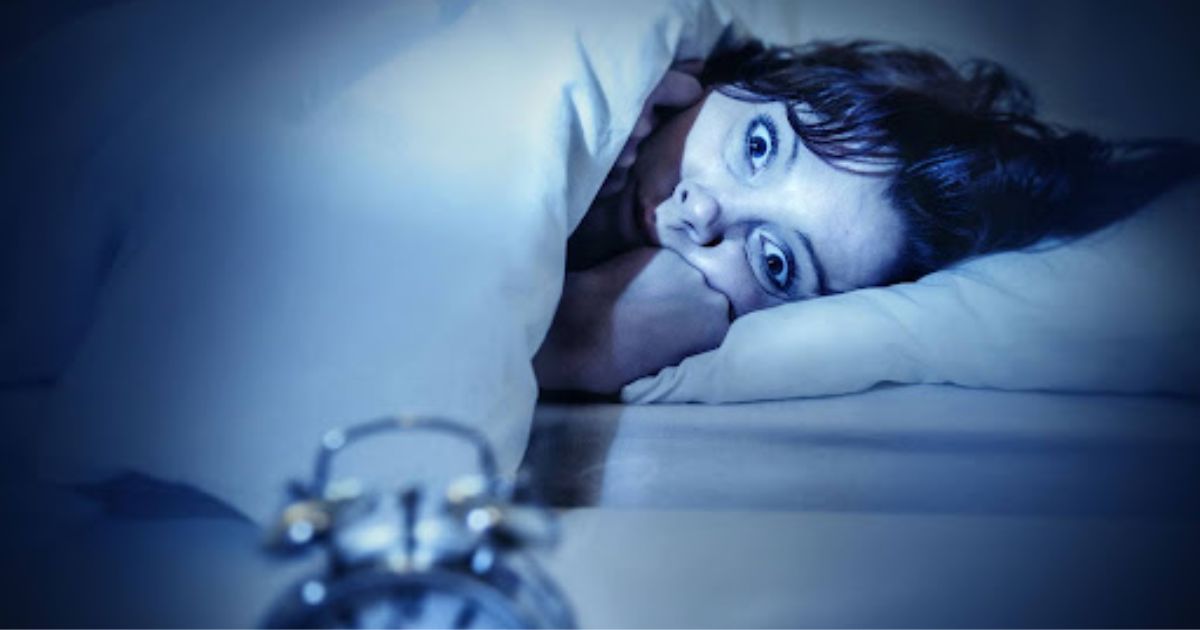It’s not unusual to have trouble sleeping now and then. Most everyone has experienced a restless night due to stress, illness, jetlag or other factors that may disrupt your regular sleep routine. But when you’re having difficulty sleeping too often, it may be time to consult your doctor. A sleep study may be suggested to determine what’s causing your sleepless nights. Here are 5 signs that you could be suffering from a sleep disorder.
- You’re still tired when you wake up. You got the recommended 7-8 hours of sleep, yet you still wake up groggy and have trouble getting up to speed in the morning. If you’re waking up this way, your body might not be getting the deep, restorative sleep that it needs. A sleep study can tell you if you have a sleep disorder that’s preventing you from reaching the deep stages of sleep.
- You have trouble falling or staying asleep. If you lie awake at night for hours on end, struggling to catch some zzz’s, you may be suffering from a sleep disorder such as insomnia. Additionally, you may fall asleep but have trouble staying asleep throughout the night. Insomnia is not only a sleep disorder, but it may also be a symptom of other problems and should be addressed with your doctor.
- You snore. Does your partner complain about your snoring? It could be harmless, but it could also be a sign that you have sleep apnea—a dangerous condition if left untreated. If you’re snoring and suspect you have sleep apnea, talk to your doctor about undergoing a sleep study so that you can get treated for this condition right away.
- Daytime sleepiness is affecting you. If you’re chronically tired or nodding off during the day, you’re probably suffering from a sleep disorder. Daytime drowsiness can be caused by sleep disorders such as narcolepsy and sleep apnea. If you’re struggling to stay awake throughout the day, it’s time to find out if you have a sleep disorder.
- You have difficulty focusing and paying attention. Our brains vitally need sleep in order to function properly. When you’re having trouble trying to concentrate, focus or pay attention on a regular basis, a lack of sleep could be to blame. A sleep disorder may be keeping you from getting the full night of sleep required for your brain to function at its best.
There is a possibility that you may have a sleep disorder if you’re experiencing one or more of these signs. Speak to your doctor or a sleep specialist about getting properly diagnosed. They may recommend a sleep study to see what is causing the problem. A sleep study is a test used to diagnose sleep disorders by recording your breathing, brain waves, heart rate and muscle activity while asleep.
If you’re ready to start feeling more well-rested, energetic and focused, contact the specialists at Jacksonville Sleep Center. Dr. Nassar and his team can help you find your way to a good night’s sleep.






